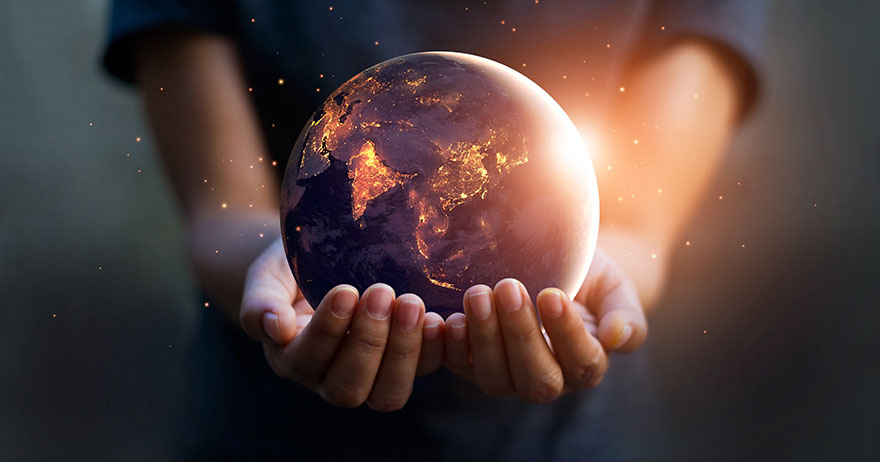In recent years, there has been a seemingly endless resurgence in humanity’s desire to venture further and further into space. From the ongoing missions on the International Space Station (ISS) to NASA’s new Artemis venture to the moon and private ventures entering the fray like billionaire Elon Musk’s SpaceX rocket missions, it seems our desire to explore the cosmos has never been greater.
However, these missions are often clouded by hype, and it can often be easy to forget the importance of this exploration and the importance of these pioneering missions might be mankind’s best hope for survival. If you find yourself slightly confused about why there’s been so much activity in space exploration of late, below are a few reasons that might help explain.
Humans are destroying the Earth
While once the subject of debate, climate change and global warming are rapidly being accepted as our new reality. We are the first generation in history that has caused (in many cases) irreparable damage to our planet. From glacial melting to rising sea levels and freak weather incidents, most scientists now agree that we are rapidly reaching a tipping point of no return unless we change our ways and start acting more responsibly.
However, while our time on Earth may well be a ticking clock, by exploring and potentially colonizing new planets, we may open the door to an entirely new existence. Better yet, some scientists believe we may be able to shift our most environmentally-damaging production processes to new planets, thereby protecting our own.
The development of groundbreaking tech and medical research
Mankind’s time in space has led to innumerable new technologies and novel medical research – innovations that simply could not have happened if we spent our time solely on Earth. From Global Positioning Systems (GPS) to accurate weather modeling and solar panels, exploring our planet from afar has brought widespread benefits. Moreover, ongoing medical research in space could one day lead to curing many of our most common diseases. To learn more about the future of space travel and of the pioneering work that’s planned, you should consider taking out a space news membership.
The threat from asteroids
While it might seem the stuff of science fiction movies, it’s almost inevitable that, at some point in the future, an asteroid will again strike the Earth – and potentially wipe out our species. Indeed, the idea isn’t particularly far-fetched when you consider this is widely believed to have been what led to the extinction of dinosaurs. Having a backup planet could be our saving grace.
The potential for mining in space
At present, it’s estimated around 8 billion humans are living on our planet – and that figure is forecast to keep rising. Our insatiable appetite for mining our relatively limited natural resources has led to countless repercussions, including damage to the environment and even human exploitation.
However, if we moved our mining to space (including mining asteroids), we could shift this focus from Earth and protect our home planet better.

